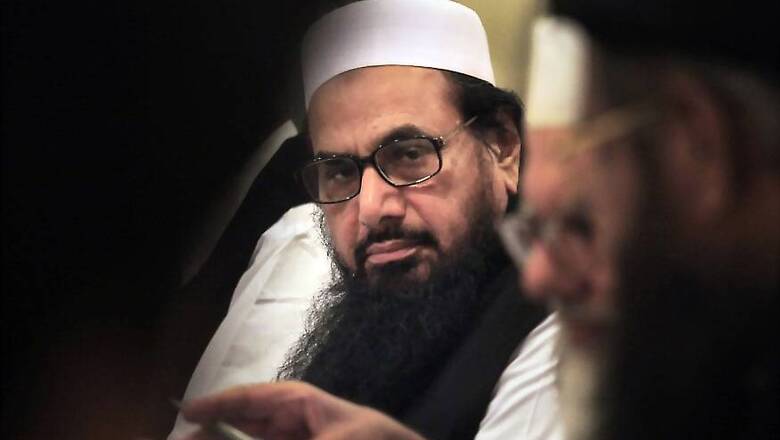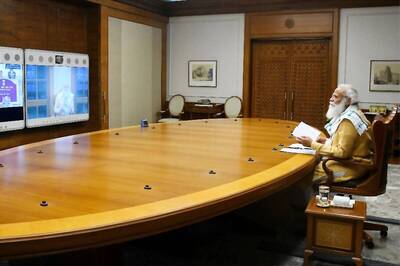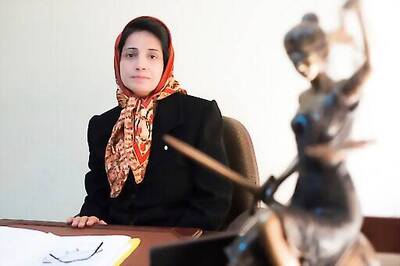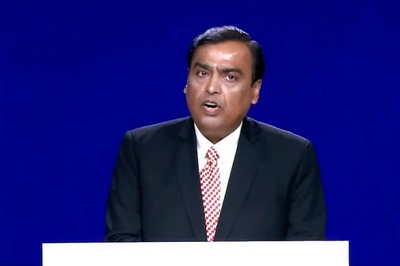
views
Karachi: Police in Pakistan's Sindh province have warned 13 lawmakers and a bureaucrat, who were part of the recently-passed Minorities Bill which criminalises forced conversions in the Muslim-majority country, that religious parties and defunct organisations could "harm" them.
The Sindh Assembly's secretariat has asked the provincial police chief and the home department after a threat alert to provide security to 13 lawmakers, including three ministers, and a bureaucrat who were part of the team which drafted the Sindh Criminal Law (Protection of Minorities) Bill, 2015.
Sindh Police's special branch issued a threat alert, saying after the passage of the bill, the situation was quite tense and there was a threat to the life of Members of the Provincial Assembly (MPA)s, particularly the members of the 'Standing Committee' on minorities' affairs who considered the private bill, Dawn reported.
They warned that "religious parties and defunct organisations" could "harm" the members of the standing committee concerned, the report said.
The Sindh Assembly last month adopted the bill against forced religious conversions and recommended a five-year jail term for perpetrators and facilitators of forced religious conversions will be handed a three-year sentence.
Under the bill, forcibly converting a minor is also a punishable offence. Adults will be given 21 days to consider their decision to convert.
The special branch also warned that the Chief Minister House or the Sindh Assembly building might be besieged by certain organisations "if this bill may not be abolished by the Sindh government".
On Saturday, Sindh province said it will amend the bill, weeks after two hard-line Islamic parties opposed the law by claiming it was part of a conspiracy to make Pakistan a liberal and secular country.
Jammat-ud-Dawah (JuD) chief and Mumbai attack mastermind Hafiz Saeed opposed the bill on December 5 and threatened to launch a movement against the law.
"We will take other political and religious organisations on board in our movement against this anti-Islam law. We will not remain silent on this controversial law and launch a countrywide movement to force the Sindh government to withdraw this anti-Islam law," Saeed had said.
Civil society, including the minorities' rights organisations, had celebrated the passage of the bill. Cases of forced conversions have regularly been reported from different parts of Sindh including Jacobabad, Tharparkar, Mithi, Umerkot, Kashmore, Kandhkot, Ghotki, Sukkur and Larkana.
According to the South Asia Partnership-Pakistan (SAP-PK), at least 1,000 girls mostly Hindus are forcibly converted to Islam in Pakistan every year.




















Comments
0 comment